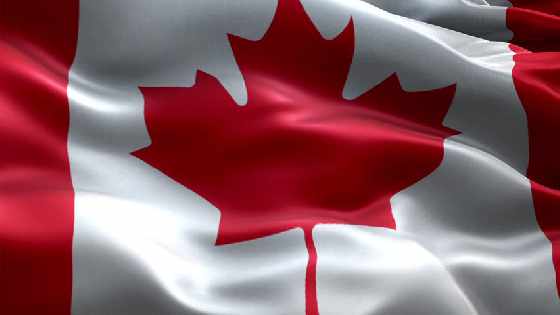
A complete list of what it means to self isolate, what supplies you should have in your house and why it is so important to take this seriously.
CANADA - The Government of Canada is urging all Canadians to stay home and self isolate for 14 days if you have travelled recently.
Yesterday the Medical Officer of Health changed the rules to ensure that even crucial front line health care workers are to stay home and self isolate if they have travelled recently. Heart FM has received several calls from listeners concerned about their neighbours, business owners and others who are not taking this seriously.
Here is a complete fact sheet from the Government of Canada on how to self isolate, what you will need and what it means.
Limit contact with others:
- Do not leave home unless absolutely necessary, such as to seek medical care.
- Do not go to school, work, other public areas or use public transportation (e.g., buses, taxis).
- Arrange to have groceries and supplies dropped off at your door to minimize contact.
- Stay in a separate room and use a separate bathroom from others in your home, if possible.
- If you have to be in contact with others, keep at least 2 metres between yourself and the other person. Keep interactions brief and wear a mask.
- Avoid contact with individuals with chronic conditions, compromised immune systems and older adults.
- Avoid contact with pets if you live with other people that may also be touching the pet.
Keep your hands clean:
- Wash your hands often with soap and water for at least 20 seconds, and dry with disposable paper towels or dry reusable towel, replacing it when it becomes wet.
- You can also remove dirt with a wet wipe and then use an alcohol-based hand sanitizer.
- Avoid touching your eyes, nose and mouth.
- Cough or sneeze into the bend of your arm or into a tissue.
Avoid contaminating common items and surfaces:
- At least once daily, clean and disinfect surfaces that you touch often, like toilets, bedside tables, doorknobs, phones and television remotes.
- Do not share personal items with others, such as toothbrushes, towels, bed linen, utensils or electronic devices.
- Use regular household disinfectants or diluted bleach (1 part bleach and 9 parts water) to disinfect.
- Place contaminated items that cannot be cleaned in a lined container, secure the contents and dispose of them with other household waste.
- Put the lid of the toilet down before flushing.
Care for yourself:
- Monitor your symptoms as directed by your health care provider or public health authority.
- If your symptoms get worse, immediately contact your health care provider or public health authority and follow their instructions.
- Get some rest, eat a balanced diet and stay in touch with others through communication devices.
Supplies to have at home when isolating:
- Surgical/procedure masks (do not re-use)
- Eye protection
- Disposable gloves (do not re-use)
- Disposable paper towels
- Tissues
- Waste container with plastic liner
- Thermometer
- Over the counter medication to reduce fever
- Running water
- Hand soap
- Alcohol-based sanitizer containing at least 60% alcohol
- Dish soap
- Regular laundry soap
- Regular household cleaning products
- Bleach (5% sodium hypochlorite) and a separate container for dilution (1 part bleach to 9 parts water)
- Alcohol prep wipes
- Arrange to have your groceries delivered to you
Head to the Government of Canada web site for more information.



 Embro Highland Games Return for 86th Year
Embro Highland Games Return for 86th Year
 WFD Responds to Structure Fire on Argyle Street
WFD Responds to Structure Fire on Argyle Street
 Oxford OPP Stop Speeder on 401
Oxford OPP Stop Speeder on 401
 General Reminder for Drivers from OPP
General Reminder for Drivers from OPP
 Culvert Replacement Set for Oxford County
Culvert Replacement Set for Oxford County
 Cram the Cruiser Coming to Tillsonburg
Cram the Cruiser Coming to Tillsonburg
 Ingersoll Setting up for Canada Day
Ingersoll Setting up for Canada Day
 Innerkip to Celebrate Canada Day
Innerkip to Celebrate Canada Day
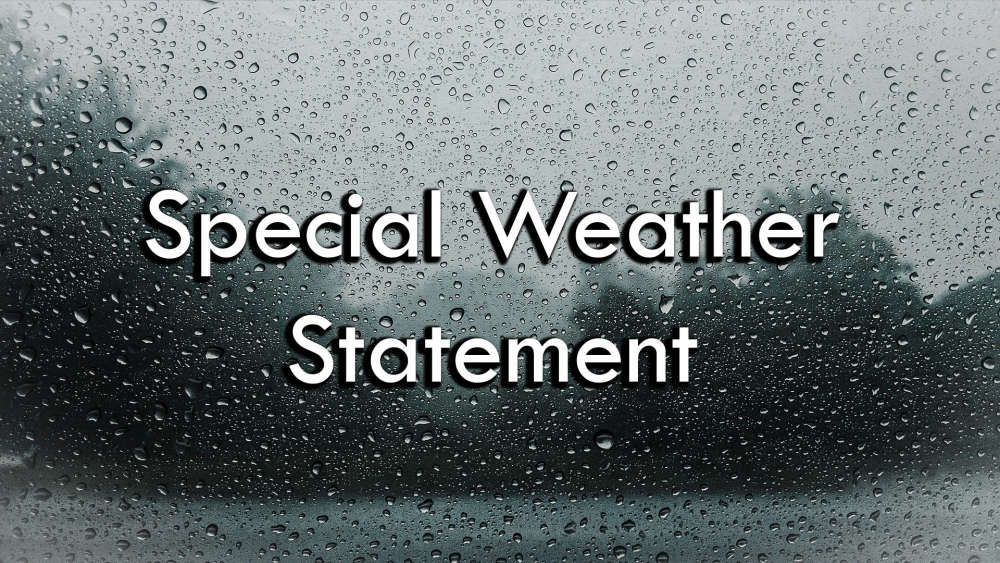 Special Weather Statement Issued for Oxford County
Special Weather Statement Issued for Oxford County
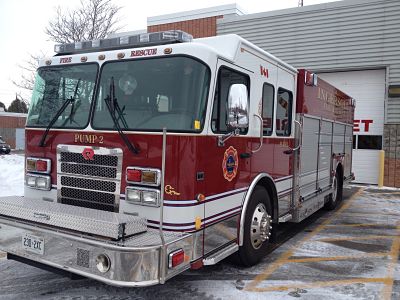 Early Morning Fire Extinguished in Ingersoll
Early Morning Fire Extinguished in Ingersoll
 Interview with the Warden - June 26th, 2025
Interview with the Warden - June 26th, 2025
 WFD will Watch for Fireworks
WFD will Watch for Fireworks
 Canada Day Celebrations to Hit Woodstock
Canada Day Celebrations to Hit Woodstock
 Last Day of School Celebrated in Oxford
Last Day of School Celebrated in Oxford
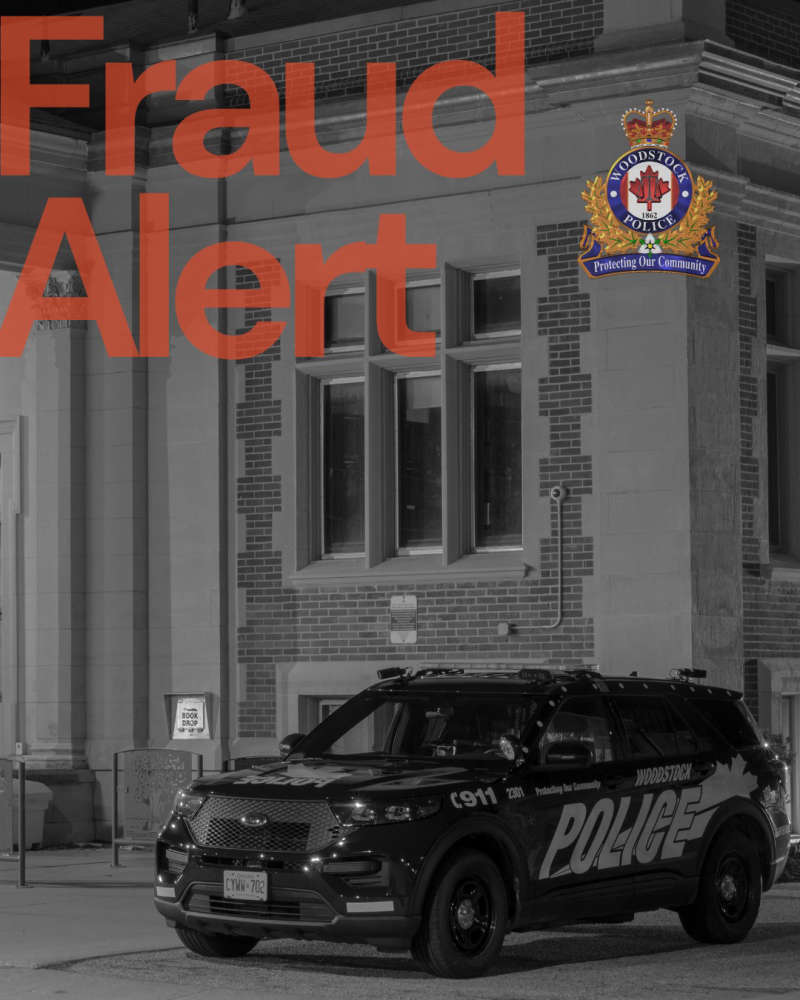 A Rise in Scams in Woodstock
A Rise in Scams in Woodstock
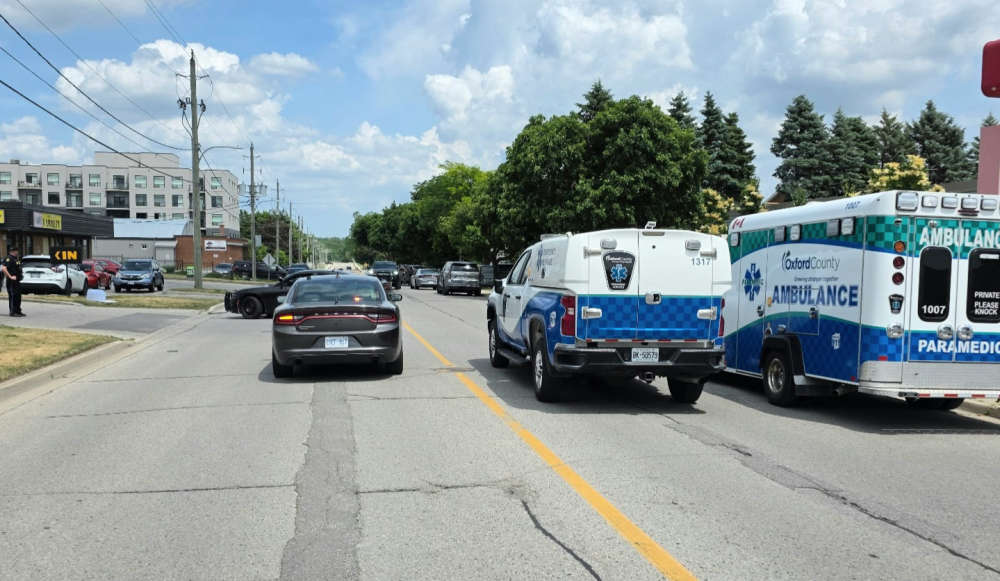 UPDATE: Police Lay Charges in Tillsonburg
UPDATE: Police Lay Charges in Tillsonburg
 Single-Vehicle Collision Under Investigation
Single-Vehicle Collision Under Investigation
 Tillsonburg is Gearing up for Canada Day
Tillsonburg is Gearing up for Canada Day
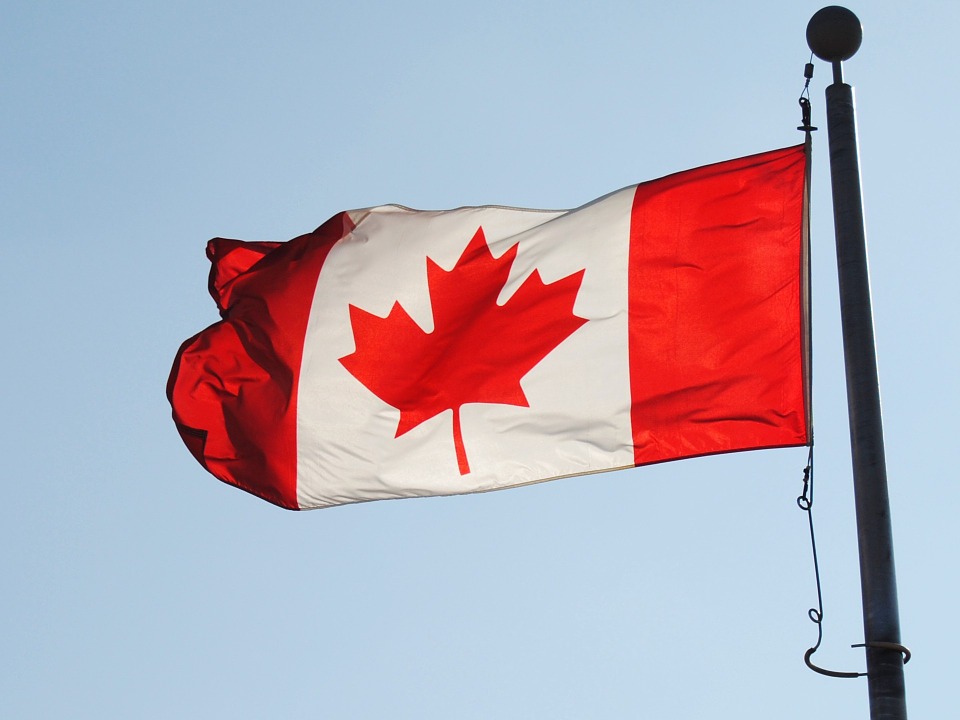 Otterville to Host Canada Day in Norwich Township
Otterville to Host Canada Day in Norwich Township
 Thamesford Teen Receives Friends of WAG Scholarship
Thamesford Teen Receives Friends of WAG Scholarship



Comments
Add a comment